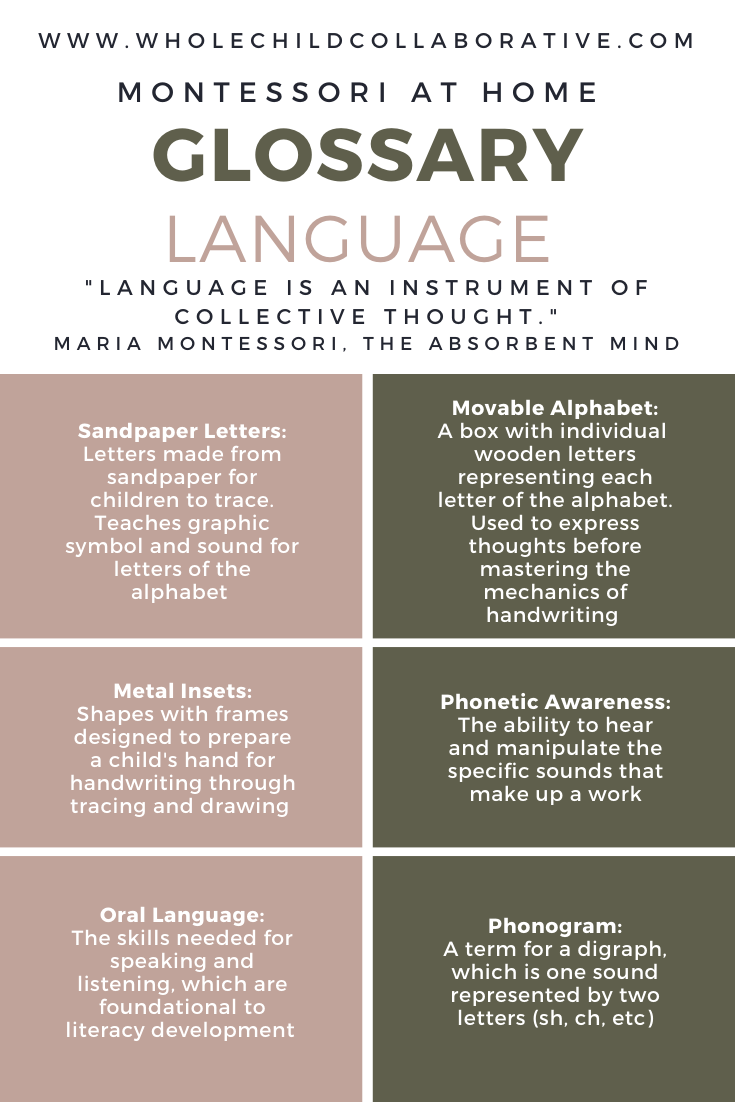Let’s talk about obedience. Often, a child’s obedience is used as the judge of the child’s character and as a measure of the parents’ parenting. Children labeled as “strong willed” are often seen as disobedient. Parents jest about winning when it comes to battling their children’s wills. Dr. Montessori had a lot to say about obedience and the will of young children. Before obedience can occur, children must have the opportunity to develop their will. Dr. Montessori said, “Nature imposes on the child the task of growing up, and his will leads him to make progress and to develop his powers.” A strong will isn’t something that must be broken because it leads to unwanted behavior, but something that must be supported because it leads to growth and flourishing. The development of the will and a child’s obedience are intricately linked. In the Absorbent Mind, Dr. Montessori wrote about three levels of obedience. Here is an overview:
First level of obedience: During this stage, typically when children are under three years old, a child can only obey an instruction if that instruction lines up with their developmental needs. This is the age of unconscious construction and obeying an instruction that does not serve their development is nearly impossible for a young child. This can cause frustration for adults and make children seem stubborn. When we meet children where they are in this stage, we can guide them without frustration.
Second level of obedience: During this stage, the child has the ability to obey always. This means that intense unconscious period has passed and the child now has the capacity to do what is asked of them, even it isn’t in the best interest of their development. Montessori wrote that in traditional education, this is the highest level of obedience that traditional educators expect of children— to do what is asked with no questions or good reasoning.
The third level of obedience: This third stage of obedience is what some see as a phenomenon in Montessori classrooms. During this stage, children joyfully obey the adults around them. This third level of obedience is what confounded adults visiting the early children’s houses and what drove people around the world to write about Montessori education. This level of obedience should give teachers and parents a deep feeling of responsibility. This stage can only be reached when an environment is created that supports the development of the child’s will. This means we must be careful and conscious of the instructions we offer. We must follow through and create boundaries that children are confident to work within. We must create a trusting environment that supports children getting to this level of joyful obedience.









